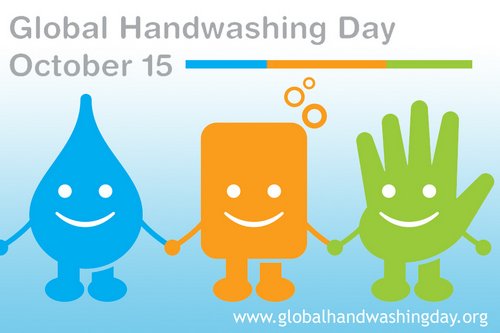Check out the latest in global health and NTD news with the today’s End the Neglect reading list! Today we’re reading about:
Distribution of filariasis tablets begins
“The Fiji government has announced it will be distributing anti filariasis tablets again in an effort to eliminate the disease in the country. The 2011 Mass Drug Administration (MDA) will begin next week Monday. The tablets will also be available at Health Centres and Nursing Stations in the Central, Eastern and Northern divisions. Ministry of Health spokeswoman Priscilla Govind said the Central Eastern and Northern divisions will undergo a further (9th) round of MDA scheduled for 26th September to 7th October.”
Johnson & Johnson Makes Strong Progress in First Year of Initiative to Improve Health of Millions of Women and Children in the Developing World
” … Since its launch last September, Johnson & Johnson has laid a strong foundation for measurable impact in several areas toward Every Woman, Every Child, the United Nations’ Global Strategy for Women’s and Children’s Health to reduce mortality in women and children by 2015, including: expanding health information for mothers over mobile phones, helping to increase the number of safe births, doubling donations of treatments for intestinal worms in children … Johnson & Johnson more than doubled its donation of mebendazole, a treatment for intestinal worms in children, through its Children Without Worms program, up from 36 million doses in 2010 to 80 million doses by the end of 2011. The Company plans to continue to expand this program to distribute 200 million doses each year in 30 to 40 countries by 2015.”
Award-Winning LifeStraw® Water Filter Makes North American Retail Debut
“The award-winning LifeStraw® personal water filter is now available to consumers in the U.S. and Canada for the first time. The portable filter—used since 2005 amid harsh conditions in developing countries—removes bacteria and parasites from water, and is ideal for outdoor activities, overseas travel, and emergency preparedness. LifeStraw® is an elegantly simple but technologically advanced innovation. The filtering tube measures about nine inches long and one inch in diameter, and weighs less than two ounces. It removes virtually all bacteria (99.9999 percent) and protozoa parasites (99.9 percent) that can contaminate water, and it reduces turbidity (muddiness) by filtering out particulate matter.”


